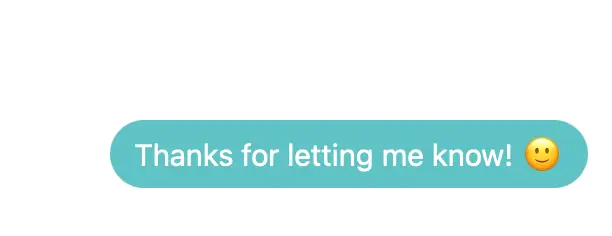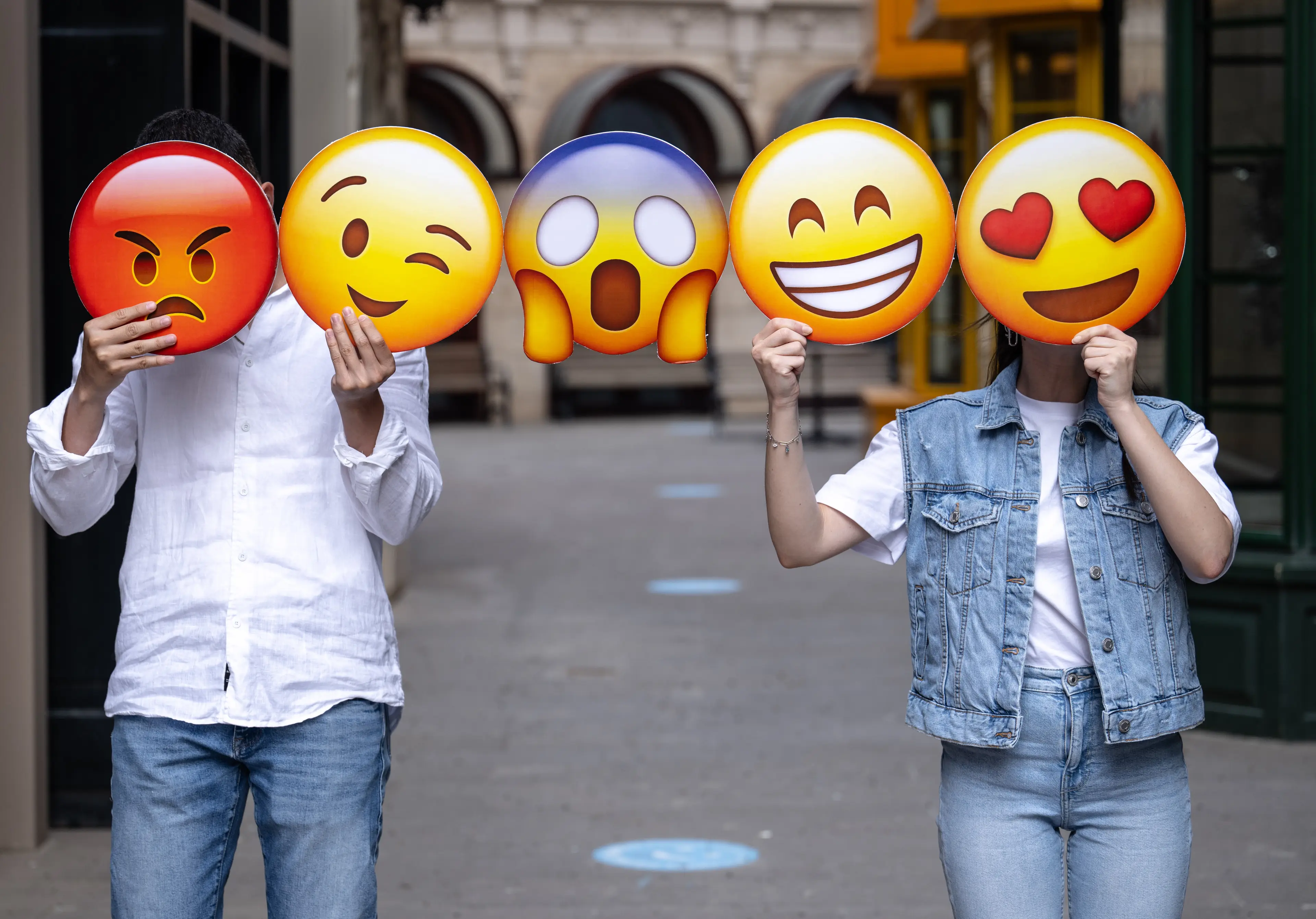
A happy little emoji seems innocent enough, right? Well, I thought so too, but apparently, it seems were wrong.
That’s because Gen Z have issued a warning to anyone who uses a particular emoji, as it could actually have quite a different meaning.
For millennials and the other generations above (and to be honest, some of Gen Z too, it would seem), sending a smiley face on social media is an indication of well, being smiley.
You know, if you’re happy about something or want to add something to that ‘thanks’ at the end of an email to keep things light-hearted, then you might add a smiley face.
Advert
But for some of the younger lot, sending a particular smiley face might instead be a whole opposite from being all friendly and fun.

To be fair, there’s that one smiley face without the nose, where the smile is just the same width of the eyes with the face kind of looking pretty blank.
And Gen Z are apparently using this to convey some irony or sarcasm. So basically, if you send that with a ‘thanks!’ on a work email, you could be deemed as not being very thankful at all.
It’s all a bit passive-aggressive, apparently.
READ MORE:
GEN Z'S 'BAREBACKING' TREND EXPLAINED
WOMAN IN 'BORED CLUB GIRL' PHOTO RECREATES MEME
One 21-year-old intern told the Wall Street Journal that she felt like her older co-workers were being cold with her when they all welcomed her to the job with a smiley face emoji.
She said she tended to see it as quite ‘dismissive’ and giving off more of a ‘side-eye smile’ rather than a genuine, happy grin.
“I had to remember they are older, because I use it sarcastically,” Hafeezat Bishi explianed.
“There are so many emojis, and Gen Z can never take things in a simple manner.”
Author of Digital Body Language: How to Build Trust and Connection, No Matter the Distance, Erica Dhawan explained that those over 30 tend to use emojis to directly convey what the images always did.

However, those younger ‘digital natives’ might instead put sarcastic meanings to them – or even use them as shorthand for a whole other thought.
An 18-year-old added that when she and her cheer teammates got a smiley face on texts from the coach they always deemed it ‘passive-aggressive’.
And their coach was ‘shocked’ when she found out they’d been reading it differently.
On X, some users describe the smiley face as ‘slightly ominous’ and ‘passive aggressive’. But still, on face-value, it really is just a smiling face. Isn’t it?
Topics: Gen Z, Social Media